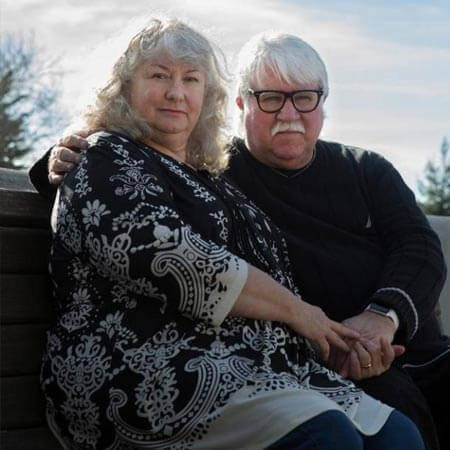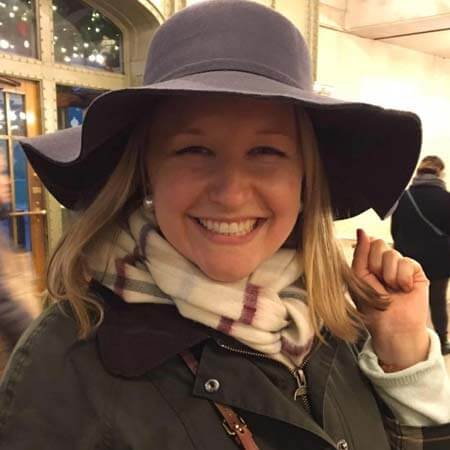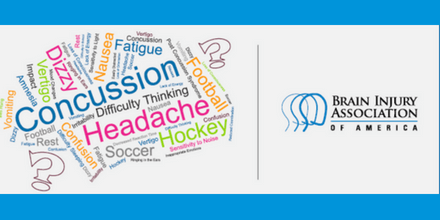
After a concussion, it is important to find a balance between being at rest and participating in activities. This balance is essential for the most successful recovery. Accommodations are strategies that support that balance. The good news is that most students and athletes will recover completely provided that everyone involved in the students’ care helps them balance rest and activity. It is also important to recognize that accommodations are expected to be temporary. Trying to keep up with high academic and sports standards too soon may bring about unwanted consequences. Keep in mind that rest, recover and return is the goal. Remember:
Parents are in the best position to support a student’s recovery from concussion. They see their child interact in a variety of activities throughout the day and are able to modify or change those activities to allow for rest, while still balancing a gradual return to day-to-day activities. Modifying or changing activities may mean lessening the amount of time involved or the number of steps that are needed to complete the activity.
Teachers are also in an excellent position to support a student’s recovery from concussion. Teachers see their student interact in a variety of activities during the school day and are able to change those activities to gain their best performance. Teachers are trained in a variety of techniques to enhance the student’s learning.
As a student, what is the best way you can help yourself? You know that you feel different and that something has changed, but you may have trouble describing those changes. Speak up and tell your parents and teachers that you need their support. If you become frustrated or tired and need a break then let them know. If you feel you can do more then share that as well. Make sure you have a strong voice and speak up for yourself.

"So September 17, 2017, was a day that I will never forget. They shot Michael in the left side of his head."

"So September 17, 2017, was a day that I will never forget. They shot Michael in the left side of his head."
Bridgette Brown was traveling when she received a call from her mother. “They shot Michael,” she heard. Michael, her 20 year old son, had called his grandmother to tell her he’d been shot. It was September 17, 2017, and she had no idea how much life would change after that call.
“When I finally got to see my son, his head was twice the normal size,” Bridgette remembers. “His left eye was hanging out of its socket. He was in a coma.”
Just one year later, Bridgette sat down with us to share her family’s journey on camera. From the chapel of TIRR Memorial-Hermann in Houston, and later the TIRR Brain Injury Rehabilitation gym, Bridgette and Michael shine a light on life after brain injury.

Before reaching out to her local brain injury association and finding an ABI support group, Melissa had nowhere to turn for advice.

Before reaching out to her local brain injury association and finding an ABI support group, Melissa had nowhere to turn for advice.
“Suddenly memories from the day before seemed like they were decades ago,” says Melissa Shuman, who has come to live with the reality of brain injury after her son, Justin, sustained an acquired brain injury (ABI) following an attempt at suicide.
Recollecting on the first few days of her son’s fight to live, Melissa made it clear she felt like she was fighting just as hard.
“I had been rushing to find out all of this information on my own while he was in a coma. It was exhausting, but who else was going to do it? That’s a mother’s job.” In addition to learning information, Melissa became Justin’s primary caretaker. She spent her days coordinating nursing, therapies, feeding, bathing, and everything else in the living room of their home. “I think I scared myself more than anything, and the doctors didn’t have too much hope, so after a while I had to stop and just believe he would get better, and advocate for what would be best for him.”
In the first several months following Justin’s injury, the Shuman family experienced a great deal of change. They did have health insurance, but had difficulty getting many of the services Justin needed covered without a battle. Like so many others in similar positions, Melissa became an expert in fighting with her insurance company and with the agencies providing services to her son. Justin was not a candidate for inpatient rehabilitation because his medical needs required he be sent to Long-term Acute Care (LTAC), which is essentially a step-down from a hospital’s Intensive Care Unit. Instead, Melissa demanded Justin come home, and spent weeks preparing and retrofitting the living room of their home to ensure his ability to live there.
“Bringing Justin home was not an easy quest, and I had no idea where to seek insight on what, how, and when to make the transition,” Melissa explained.
Melissa is enormously appreciative of the online brain injury support group to which she belongs. “It’s an A-B-I group,” she laughs, “Not TBI! TBIs are welcome, but we make sure everyone else is, too. That’s been good for me, to know I’m not alone, and Justin wasn’t alone, and even that my other children are not alone and that someone can relate to what we are going through. A lot of people, actually, relate to what we go through.”

Jane and her husband, Tim, both sustained brain injuries at different points in their lives. They live with the residual effects every day.

Jane and her husband, Tim, both sustained brain injuries at different points in their lives. They live with the residual effects every day.
“I cannot remember when I learned about BIAA; however, knowing me, I am sure by googling TBI resources. BIAA has been extremely helpful and Greg Ayotte (BIAA’s Director of Consumer Services) has been invaluable to me with sharing solutions and information. His patience is legendary. I’m proud to be part of the organization. To know you are not alone through this is priceless. The information that is on the web and accessible through Greg Ayotte’s tireless efforts in helping me and our family over the years is invaluable. Knowledge is power, and I don’t think with TBI you can be knowledgeable enough.”
If Jane encounters confusion from someone about the behavior of either herself or Tim, she will refer that person to the BIAA website for information about brain injury. Most are grateful, many are very surprised, and others tell her they’ve learned a lot.

Sarah learns that her injury may be invisible, but she isn't - and that it's OK to put her own needs first.

Sarah learns that her injury may be invisible, but she isn't - and that it's OK to put her own needs first.
It started out as an ordinary September day for Sarah Lefferts. As she was walking, she suddenly slipped on wet tile flooring and fell backward, hitting her head on the floor. When she got up, she was upset that she had spilled coffee on her dress, and she had no idea how much her life had changed in that split second.
Over the next several days, her concussion symptoms progressed. At the time of her fall, she had been working full time, attending graduate school, and had the active social life of an average twentysomething. She was not OK with her new normal and was frustrated that the healing wasn’t more immediate.
Sarah, like most of us, didn’t understand the recovery that was ahead of her. She said, “I learned a lot about how it was OK to be broken, and how I needed to communicate that to the people around me so they could understand enough to support me “even when I didn’t understand my injury.”
Her friends and family would go along to her doctors’ appointments and take notes so that she could look back later to remember what they had talked about. Early in her recovery, she used a small notebook so that she could keep her thoughts organized. She made to-do lists for everything, including basic things like taking a shower and making food.
“One of the hardest parts of the recovery wasn’t the physical healing but the social support. It’s a real challenge to figure out how to communicate to your network about what’s wrong and what you need from them. You look fine “you can walk and talk, so it’s harder for them to understand what you’re going through and what you need. Yet it’s critical that you seek support from them,” explains Sarah. It’s challenging to advocate for yourself the way you need to when part of your brain has been damaged, but you need remember to put your own physical and mental health first, even though that isn’t something society teaches us.
Under her neurologist’s care, Sarah went back to grad school in 2014, completed a triathlon in 2015, and graduated with a Master of Arts in 2016. She is now a member of the BIAA Brain Injury Advisory Council and says that the experience changed her life. “The group of people I have met through the BIAA is empowering and supportive. BIAA taught me that I am not alone in brain injury and that every injury is different. It blew me away when I realized how many people suffer from concussions and other brain injury. I feel like my responsibility on the other side of this injury is to help other people understand that this injury is often invisible, but you are not “and it’s OK to always keep striving to heal.”

Read and watch videos in BIAA's Concussion Information Center to learn more about concussion on the field and in the classroom, and what you as a parent or teacher can do to keep your students safe!